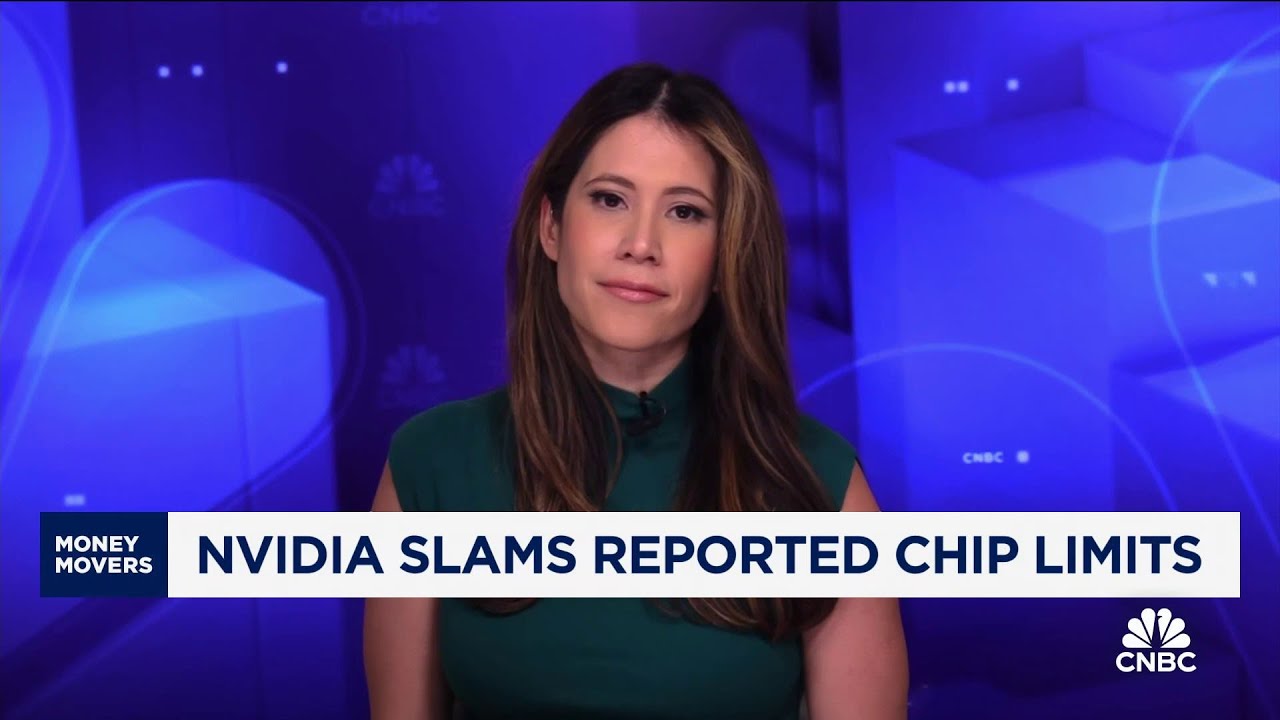Nvidia has strongly criticized new AI chip export restrictions that are expected to be announced, arguing that they could harm U.S. competitiveness and inadvertently benefit adversaries like China, which has continued to advance in AI despite existing bans. The company highlights concerns that these restrictions may not effectively curb innovation in China and could lead to unintended consequences for the U.S. technology sector.
Nvidia has expressed strong opposition to newly reported AI chip export restrictions that are set to be announced. These restrictions are described as a three-tiered system that would impose new caps on AI chip exports based on the specific chip and the company involved. The announcement comes amid ongoing concerns about the effectiveness of existing restrictions, particularly in relation to China’s advancements in AI technology.
Despite the current export bans preventing China from acquiring the most advanced chips, the country has still managed to make significant progress in the AI field. Reports indicate that Chinese companies have developed models that outperform American counterparts in certain benchmarks, raising alarms within the AI community. The CEO of Perplexity noted that some of the advancements made by Chinese firms could potentially be adopted by leading American companies, highlighting the unexpected resilience and creativity of Chinese AI development.
The existing restrictions have not only failed to hinder China’s progress but may have inadvertently spurred innovation and efficiency within the country. Chinese companies, such as 01.AI and Alibaba, have found ways to work around the bans, including renting high-end GPUs to continue their research and development. Additionally, reports have surfaced of TSMC chips being discovered in Huawei products, indicating that smuggling and loopholes are becoming prevalent as companies seek to circumvent export controls.
Nvidia’s criticism of the impending export restrictions reflects a broader concern within the tech industry about the potential negative impact on U.S. competitiveness. The company has labeled the new policy as a last-minute decision that could ultimately benefit U.S. adversaries rather than protect American interests. This marks a notable shift in Nvidia’s tone towards the Biden administration, suggesting growing frustration with the current regulatory environment.
The situation raises important questions about the effectiveness of export controls and their implications for the U.S. technology sector. As companies navigate these restrictions, the potential for increased creativity and resourcefulness in adversarial nations could undermine the intended goals of the bans. Industry leaders, including Oracle, have warned that the current export control framework could be one of the most damaging policies for the U.S. technology industry, emphasizing the need for a more strategic approach to maintaining technological leadership.
